0 Comments
Love is a universal language, but did you know that each of us has our own unique way of giving and receiving love? In his book, "The 5 Love Languages," Dr. Gary Chapman introduces the concept of love languages as distinct ways individuals express and understand love. Understanding the love languages of the people close to us (not just our partners) can significantly enhance our relationships, enabling us to communicate love in ways that resonate with our loved ones. Dr. Gary Chapman put forth the idea that there were five love languages:
Words of Affirmation For individuals with the love language of words of affirmation, verbal expressions of love and appreciation hold great significance. Kind, encouraging words, compliments, and expressing love through spoken or written affection are deeply meaningful to them. Taking the time to affirm and acknowledge their efforts and qualities strengthens their emotional connection and reassures them of your love. Acts of Service People who resonate with acts of service as their love language appreciate actions that demonstrate care and support. Actions such as cooking a meal, helping with household chores, or offering a helping hand show love and consideration. These acts of service alleviate stress and burdens, showing your loved one that you value their well-being and are committed to supporting them. Receiving Gifts For those whose love language is receiving gifts, the act of giving and receiving tangible symbols of love is highly meaningful. It's not about the monetary value, but rather the thoughtfulness and effort behind the gift. The joy of receiving a heartfelt present shows that the giver knows and understands their desires, bringing a sense of appreciation and connection. Quality Time Quality time is the love language that emphasizes undivided attention, genuine connection, and meaningful conversations. Individuals with this love language feel most loved when they are given focused time and engaged in activities together. This can involve having meaningful conversations, going on dates, or simply spending uninterrupted time in each other's company. Investing quality time communicates that they are valued and cherished. Physical Touch Physical touch is a powerful love language that involves expressions of affection through physical contact. This can include hugs, holding hands, cuddling, or any other form of non-sexual touch. Individuals with this love language feel most loved when physical closeness and intimacy are present. Physical touch communicates love, warmth, and a deep sense of connection. Understanding and applying the five love languages allows us to communicate love effectively, strengthening our relationships and deepening emotional connections. It's important to remember that individuals may have primary and secondary love languages, and these may vary among different people. Discovering your own love language and understanding the love languages of your loved ones enables you to meet their emotional needs and nurture love in a way that resonates with them. The concept of the five love languages offers valuable insights into how individuals give and receive love, but since it was published in 1992, there has been a huge cultural shift and a rise in emotional intelligence, particularly in the younger generations. We now have a greater understanding that in order to successfully communicate love you must understand more then just these particular love languages. To be a master at communicate and cultivating love, you must understand Love's Languages. Love's Languages are the actions that grow and nurture love itself. It is how Love communicates and moves through humans, for an in-depth look at Love's Languages, click here. My work as a Life Coach focuses on How To Be Human, the vital skills that we all need to learn in order to lead authentic, fulfilling lives. Of course, LOVE is one of the core needs and most vibrant experiences of Being Human ... but what is love, exactly? The 5 quotes below from my fellow epiphany hunters shed some light on what love might be, + I've included one of my own quotes on the experience of love. Victoria Erickson is a poet, author and writing coach. You can learn more about her work on her website, and make sure to follow her on Facebook & Instagram. Jeff Brown is an author and coach. You can learn more about his work on his website, and make sure to follow up on Facebook and Instagram. Paulo Coelho is an author and alchemist. You can learn more about his work on his website, and make sure to follow him on Facebook and Instagram. Glennon Doyle is an author and visionary. You can learn more about her work on her website, and make sure to follow her on Facebook and Instagram, and check out her podcast, We Can Do Hard Things. Brene Brown is an author and research professor. You can learn more about her work on her website, follow up on Facebook and Instagram, and check out here podcast Unlocking Us. |
AuthorMindy Amita AislingAuthenticity EmpowermentLife Coaching for Big-Hearted Overthinkers & Entreprenerds🐲Own Your Weird
🌎 Change Your World ⬇️ DIY Courses 👩🏻💻1:1 RemoteCoaching Fully Accredited ICF Certified Mindy Amita Aisling, is a professionally trained and board-certified leadership, authenticity, and entrepreneur coach.
Mindy exceeds all requirements set forth by the International Coaching Federation (ICF) for Master Coach certification. Mindy is also a licensed mediator, communications coach, and conflict resolution practicer. As a mediator, she has worked both in private practice and as a court appointment mediator at her local county courthouse. Through her innovative approach, she assists clients in examining their limiting beliefs, questioning their assumptions about how the world works, and releasing the notion that they are anything less than perfect. As a result, individuals who work with Mindy cultivate the ability to stand firm in their beliefs, live authentically and decisively, and discover an experience of life that is easy and graceful. In 2021, Mindy founded How to Be Human and Entreprenerd. These programs have enabled her to share her wisdom and knowledge with a broader audience in service of her vision of helping others live authentic lives This, in turn, has empowered more individuals to lead their most TRUE and COURAGEOUS lives. When she is not working, Mindy can be found playing outdoors in the beautiful Pacific Northwest, creating art, spending time with friends & family, or with her nose deep in a book. You can sign up for her newsletter here. Archives
June 2024
Categories
All
ICF Certified Life CoachAffordable Online Life Coaching |


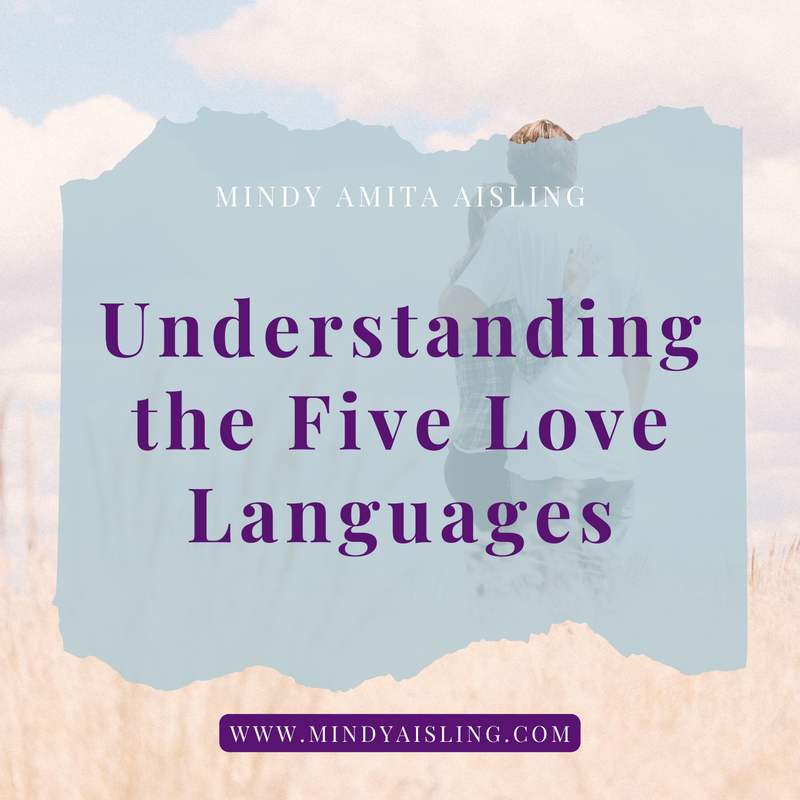

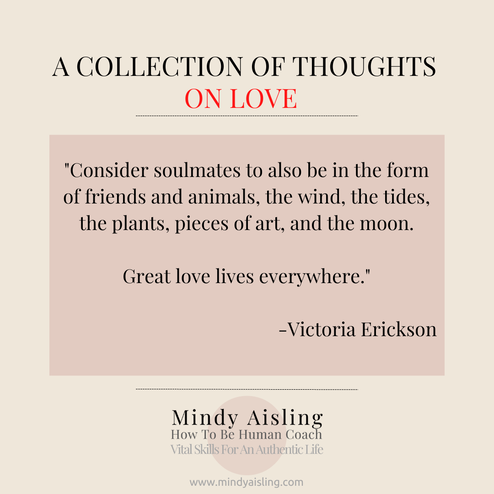
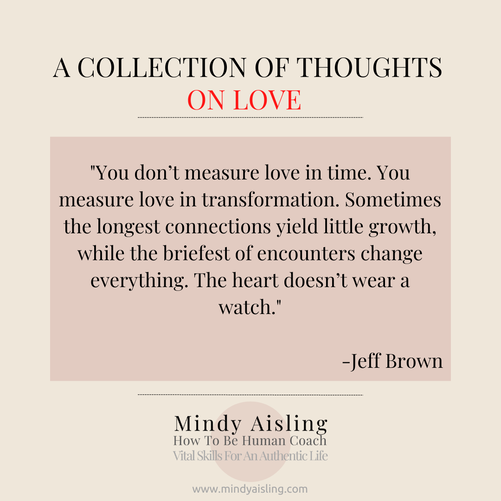
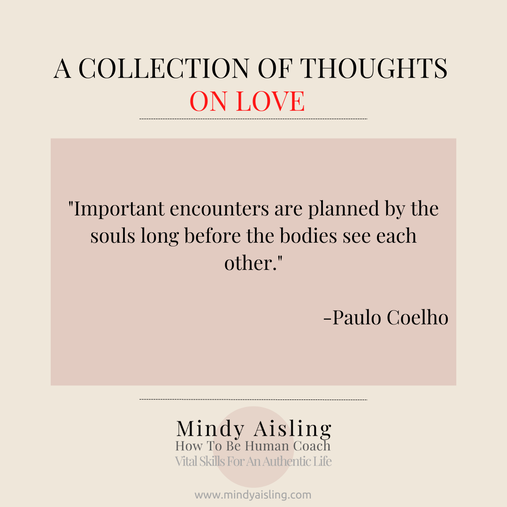
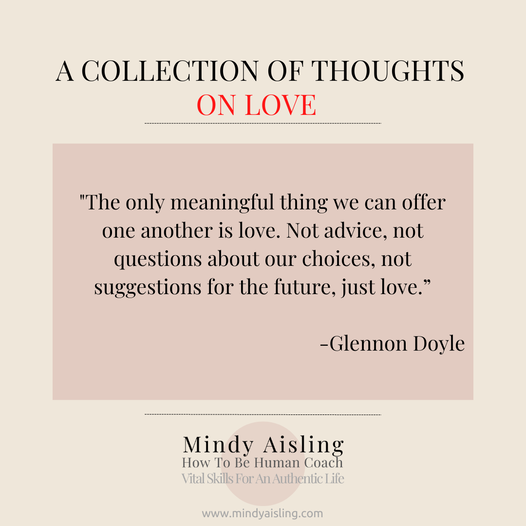
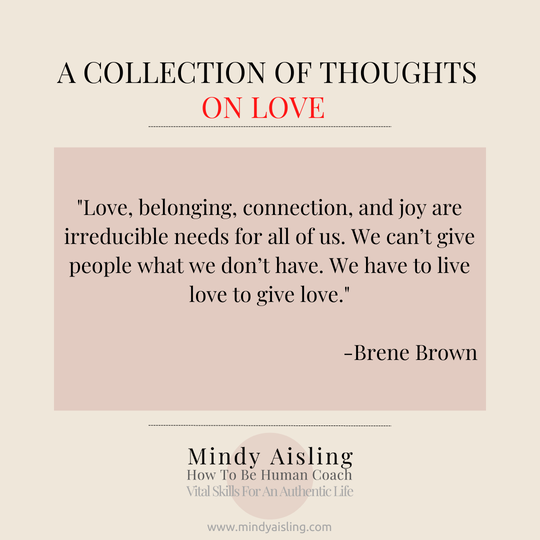
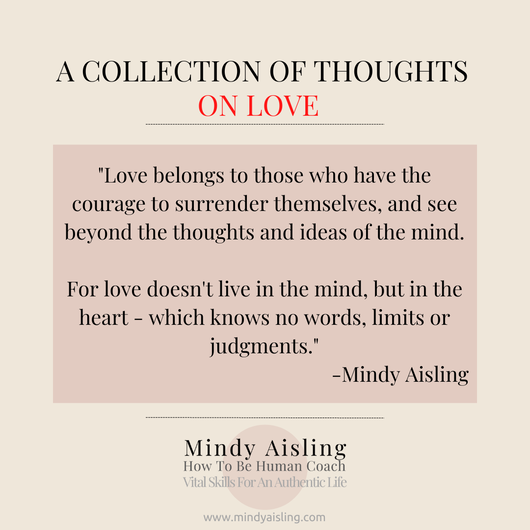

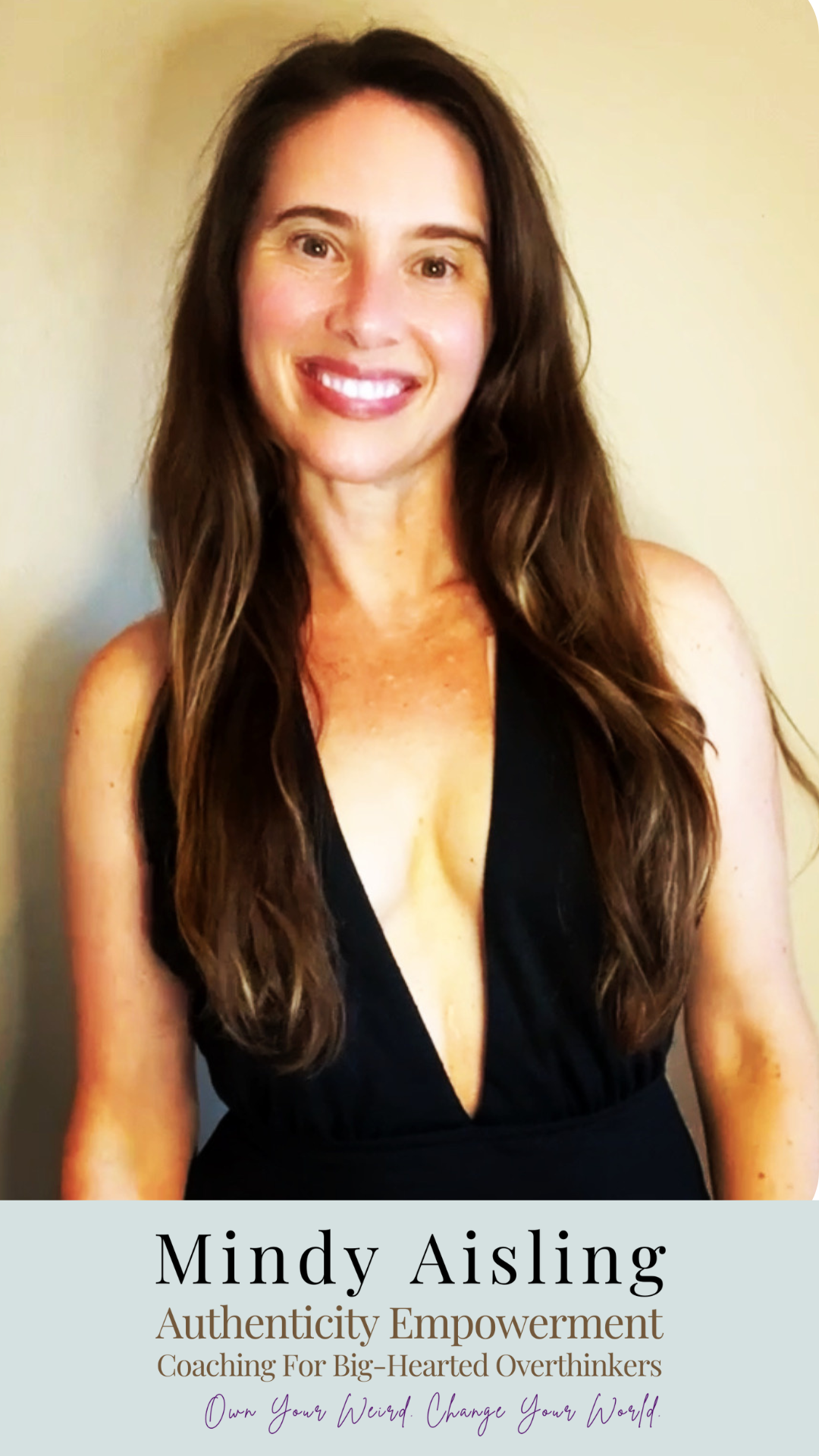
 RSS Feed
RSS Feed
